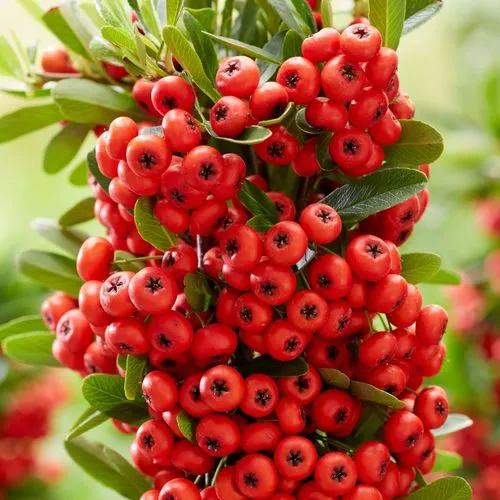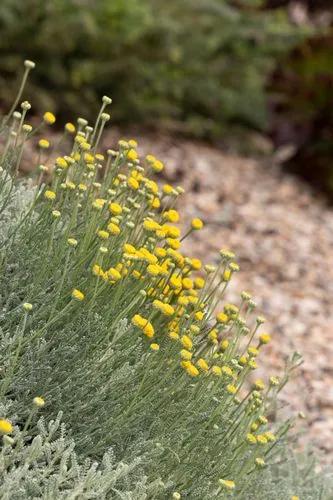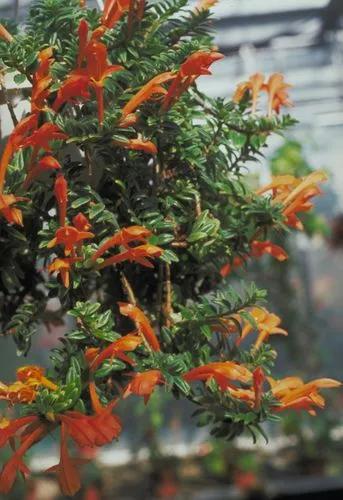Cornus sanguinea, the common Dogwood or Bloody Dogwood, is a beautiful species of native to most of Europe and western Asia, from England and central Scotland east to the Caspian Sea. It is widely grown as an ornamental plant.
Common Dogwood Care
Cornus sanguinea



Meet Cornus sanguinea, also known as the Bloodtwig Dogwood or European Dogwood. It's not the most famous shrub out there, but it's a real looker that can elevate any garden. This deciduous wonder belongs to the Cornaceae family and hails from Europe and western Asia. Let's dive into what makes this shrub so special. Here's a neat fact about Cornus sanguinea: it's a bit of a chameleon when it comes to soil. Whether it's acidic or alkaline, this shrub can handle it, making it a fuss-free choice for all kinds of gardens.
How to Care for the Plant

Water

This shrub likes its soil consistently moist, especially during dry spells. But once it's settled in, it can tough out short dry periods. Water it deeply and let the soil dry a bit between waterings to avoid root rot.

Pruning

To keep those vibrant stem colors, prune Cornus sanguinea in late winter or early spring. Trim away a third of the oldest stems to encourage new ones to grow with that beautiful hue.

Fertilizer

In early spring, give it some slow-release, balanced fertilizer. But don't go overboard with the nitrogen, as too much can lead to excessive growth and dull the winter stem color.

Sunlight

Cornus sanguinea is happiest in full sun to partial shade. While it can tolerate some shade, you'll get the most vibrant stem colors when it gets plenty of sunlight.

Soil

Cornus sanguinea isn't too picky about soil, but it does best in well-draining, loamy soil. If you've got heavy clay soil, adding some organic matter will help with drainage.

Propagation

If you want more of these beauties, take hardwood cuttings in late autumn or early winter. Select healthy stems, cut them into 6 to 8-inch (15 to 20 cm) pieces, and plant them in a well-prepared nursery bed or potting mix.

Temperature

This shrub is a hardy one, comfortable in USDA zones 4 to 7. It can handle winter temperatures as low as -30°F (-34°C), making it a good fit for various climates.

Container

If you're short on garden space, no worries. You can grow Cornus sanguinea in containers. Just make sure your pot drains well to keep the roots from getting soggy.

Fun fact

If you're getting this Dogwood for its red branches, keep one thing in mind: They are not going to last forever! Once the shrub matures, it will turn green.

Popularity

596 people already have this plant 47 people have added this plant to their wishlists
Discover more plants with the list below
Popular articles






